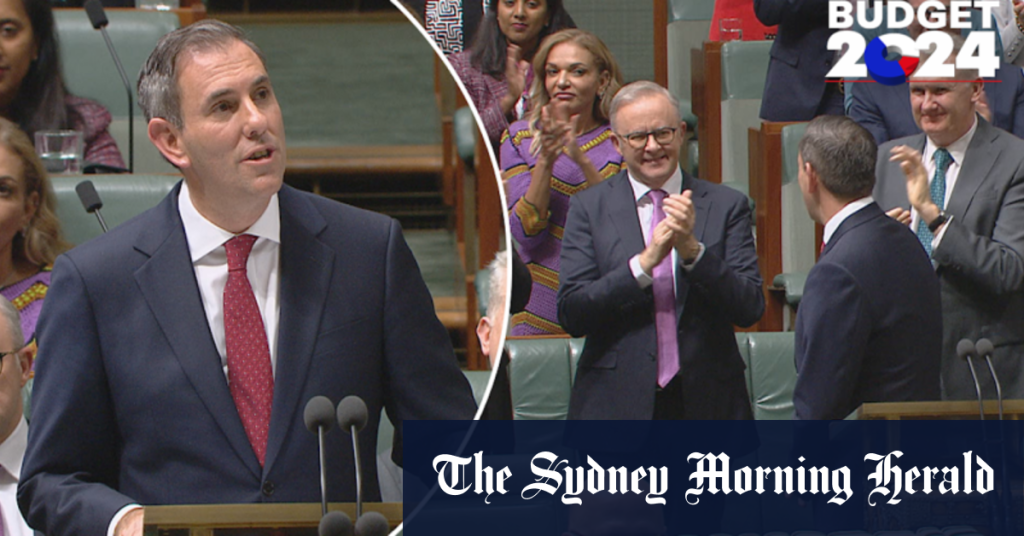The Federal budget for Australia has been announced, providing significant financial relief to Australians in the form of tens of billions of dollars. This relief is aimed at addressing the rising cost of living and supporting individuals and families who may be struggling financially. However, there are concerns that this substantial budget spending on cost-of-living relief could potentially lead to inflation in the economy.
The budget includes a range of measures aimed at providing financial support to Australians, including assistance for families, individuals, and businesses. The government has allocated significant funding towards various programs and initiatives to help ease the financial burden on households and stimulate economic growth. This includes direct payments to eligible individuals and families, as well as tax relief measures to support businesses and encourage investment.
Despite the positive intentions behind the budget spending, there are worries about the potential impact on inflation. Inflation occurs when the general price level in the economy rises, leading to a decrease in the purchasing power of money. This can have negative consequences for consumers, such as higher prices for goods and services, and can also affect the overall health of the economy. The concern is that the large injection of funds into the economy through the budget could potentially exacerbate inflationary pressures.
The government is likely walking a fine line between providing much-needed financial relief to Australians and managing the risk of inflation. It is important for policymakers to carefully monitor the impact of the budget spending on the economy and take appropriate measures to mitigate any negative consequences. This may involve adjusting fiscal policy, such as scaling back spending or implementing measures to control inflation, to ensure the stability of the economy in the long term.
Overall, the Federal budget for Australia represents a significant effort to support individuals and families facing financial challenges and stimulate economic growth. The government’s focus on providing financial relief through various initiatives and programs is a positive step towards addressing the economic impact of the pandemic and supporting those in need. However, the potential risk of inflation stemming from the budget spending underscores the importance of careful monitoring and management of the economy to ensure its long-term stability and prosperity. It is crucial for policymakers to strike a balance between providing relief and maintaining economic stability in the face of current challenges.















